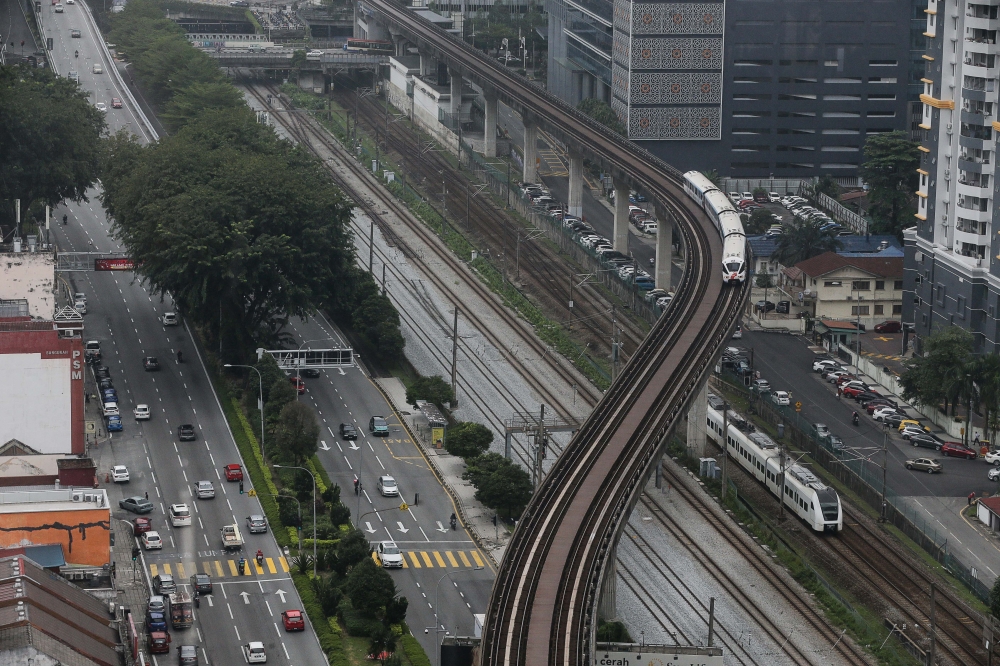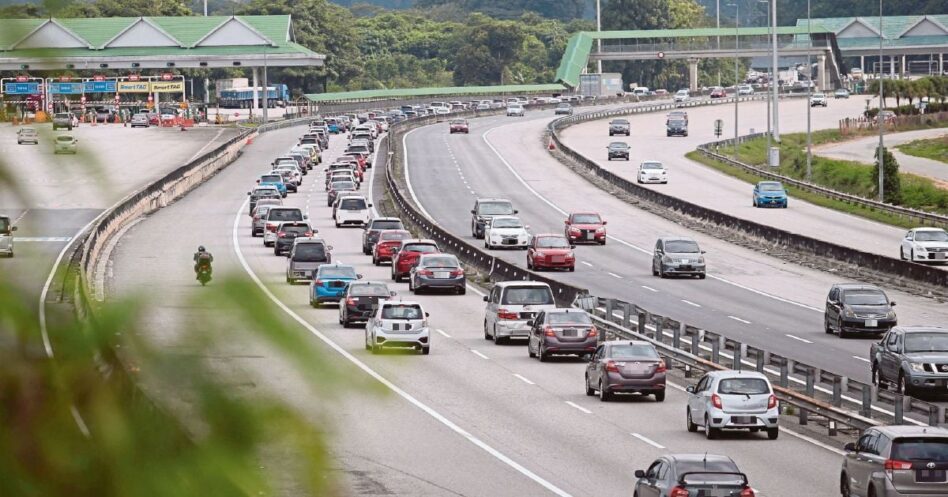THE awarding of a Selangor state government contract to Asia Mobiliti, whose CEO Ramachandran Muniandy is also the husband of a federal minister, has raised criticisms and a controversy as to whether the Pakatan Harapan (PH) government’s avowed principle of only awarding projects and contracts though open tender has been breached.
There is also the suspected conflict of interest issue in this case. Rightly, the Centre to Combat Corruption and Cronyism (C4) has asked the government to enact procurement reforms to overcome the dangers of conflict of interest and lack of transparency to ensure that the rules are clear and will have to be followed by all federal and state administrations.
Presently, the rules pertaining to procurement are ambiguous resulting in unnecessary controversies and criticisms.
The Malaysian Anti-Corruption Commission (MACC) is also of the opinion that there is no conflict of interest or mis-governance in this case.
Clear rules will ensure that the correct procedures are followed. This is to ensure that close relatives and family members do not unnecessarily get entangled in any accusations of favouritism, and that they will have the right to bid for a contract just like any other citizen and not be barred just because of doubt.
According to Ramachandran, an open tender for the demand responsive transit (DRT) service would have led to a monopoly, which may or may not be true.
However, one important issue needs to be settled as to whether a close relative of a minister, an MP, state representative or head of department can be awarded a contract either by closed or open tender.
Even if one gains a contract through an open tender there will always be a suspicion that the person was successful because of some important or influential person’s favour.
This suspicion, which has been buttressed over the decades in the country, cannot be ruled out in any case.
Added to this is that numerous government contracts and projects have been manipulated in favour of certain parties by corrupt senior civil servants and politicians.
This has fuelled suspicions of abuse of power and lack of transparency and accountability. Many of the corrupt officials rely on the Official Secrets Act (OSA) for their defence from disclosing anything to the people or media.
There is also no need for parasitic middlemen for procurements especially for defence needs. For defence purchases the government can appoint an expert group from the Defence Ministry for the procurement and it will be better and not result in inflating the cost, receiving commissions and kickbacks.
Controversial defence purchases of the last two decades leave a lot to be desired and have tarnished the image of the government.
Expert and knowledgeable officials can also be roped in to get the necessary procurements – local or imported – for the various ministries.
A lot of poor quality procurements have led to billions of ringgit in losses and the government needs to ensure that purchases are done by the right department and ministry officials with the requisite technical knowledge to ensure that the correct and specified items are received.
Many of the government procurement of the recent past have led to huge monetary losses due to cost over-runs, corruption, kickbacks, poor quality, delays and the government has been taken for a ride.
Some international best practices, especially followed by the European Union (EU) member states, need to be formulated as rules to be strictly followed for government procurement. Major financial losses affect the economy and the people further drowning them in debt. – May 30, 2024
V. Thomas is a Focus Malaysia viewer.
The views expressed are solely of the author and do not necessarily reflect those of Focus Malaysia.
Main pic credit: Malay Mail









